Khaborwala online desk
Published: 17 Nov 2025, 03:13 pm
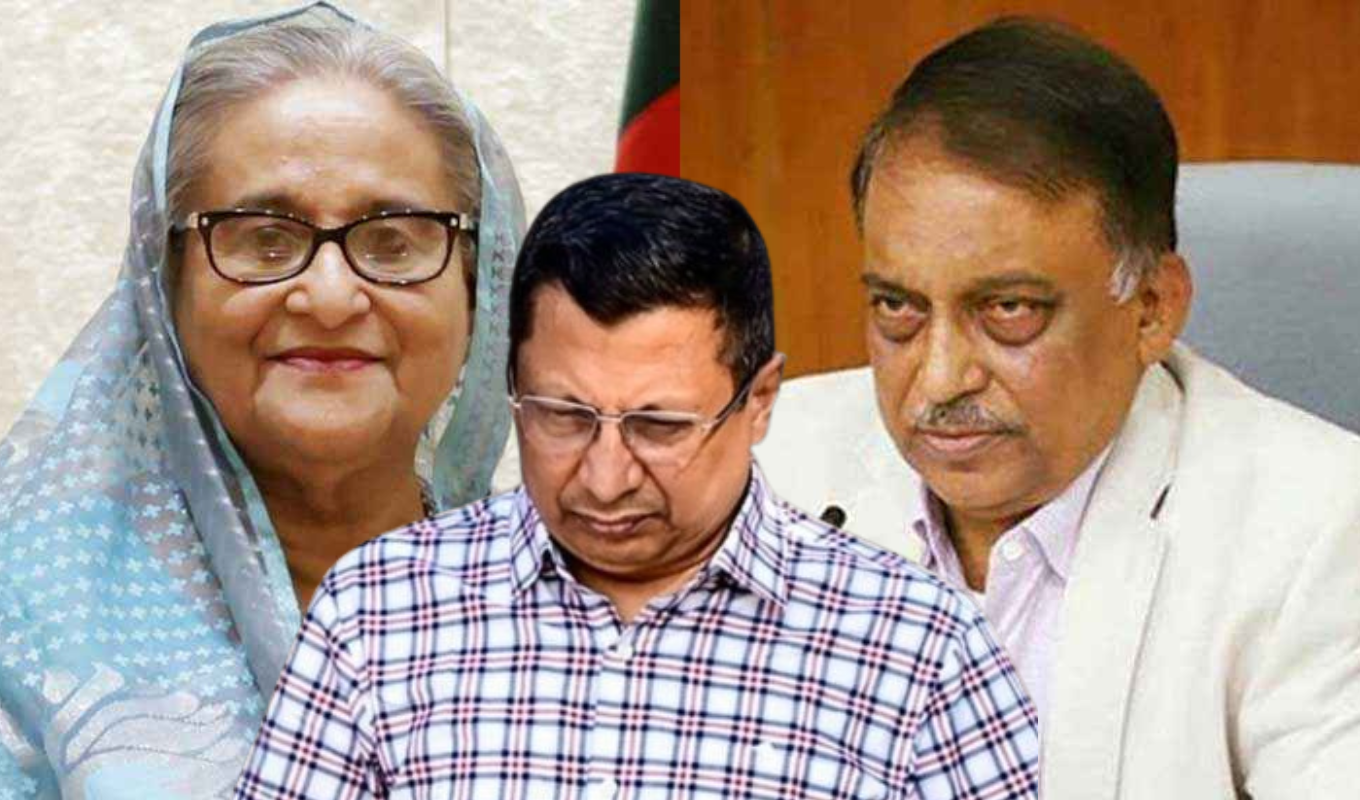
The International Crimes Tribunal has delivered its verdict in the case filed over crimes against humanity committed during the July mass uprising. Sheikh Hasina has been sentenced to death in two of the charges.
The verdict process began at 12:30 pm on Monday. The 453-page verdict consists of six separate sections.
The tribunal stated that the crimes of the three accused, including Sheikh Hasina, have been proven. Sheikh Hasina has been sentenced to death in two of the charges.
Former Home Minister Asaduzzaman Khan Kamal has been sentenced to death in one of the charges. As an approver (state witness), former Inspector General of Police Chowdhury Abdullah Al-Mamun has been sentenced to five years in prison.
Arguments for and against the maximum punishment
The final part of the verdict is being read out by the Chairman of Tribunal-1, Justice Golam Mortuza Mojumdar. The arguments made for and against the maximum punishment of the three accused, including Sheikh Hasina, are being presented.
Details of various statements made by the accused Sheikh Hasina in recent interviews are also being described.
The tribunal has narrated the background of the quota reform movement, the attack on Dhaka University students, and later the shooting and killing of protesters.
Evidence presented including audio and video
Before delivering the verdict, various pieces of evidence were presented before the tribunal. During the trial, audio, video and other materials shown were described in detail. Statements of victims and witnesses were also summarised.
Evidence from videos recorded during the July mass uprising showing Sheikh Hasina’s involvement in crimes against humanity was presented.
Video footage and evidence of the use of deadly gunfire to kill protesters at Jatrabari, Rampura, Badda, Savar, Ashulia, Rangpur and other areas were also shown in the tribunal.
Sheikh Hasina’s phone conversations played
Earlier, portions of reports published by various international organisations on human rights violations during the movement were read out. At around 1:15 pm, recorded telephone conversations of Sheikh Hasina with different individuals during the mass uprising were played in court. Shortly before that, her phone conversation with then Information Minister Hasanul Haque Inu was played.
Bangladesh Television is broadcasting the verdict proceedings live from the courtroom of International Crimes Tribunal-1.
This is the first case related to killings and other crimes against humanity during the mass uprising for which a verdict has been delivered today.
Where the three accused are
Alongside Sheikh Hasina, who was ousted during the mass uprising, the other two accused are former Home Minister Asaduzzaman Khan and former Inspector General of Police Chowdhury Abdullah Al-Mamun. Among them, Sheikh Hasina and Asaduzzaman are absconding and currently staying in India.
Five charges against the three accused
Five charges have been brought against Sheikh Hasina and the two other accused. These are—
Delivering inciteful statements
Instructing the use of lethal weapons to eliminate protesters
Ordering the shooting and killing of Abu Sayeed, a student of Begum Rokeya University in Rangpur
Ordering the shooting and killing of six protesters at Chankharpul in the capital
Burning six people to death in Ashulia
Reactions of the Attorney General
Speaking to the media after the verdict at the tribunal premises, Attorney General Md. Asaduzzaman said that the martyrs of the July revolution have received justice, and the state has received justice.
He said that two of the accused have been awarded the maximum punishment of death. The third accused, who turned approver, has been sentenced to five years in prison considering all aspects.
He added that the verdict is a landmark in fulfilling the nation’s duty towards the martyrs, the country, the people, democracy, the constitution and the rule of law. He said the judgment will remain a milestone in the justice system of Bangladesh.
He further stated that the sentence against Sheikh Hasina will come into effect from the day she is arrested.
Tensions at Dhanmondi 32
Two excavators were seen in front of Dhanmondi 32. A group of people gathered there and started protesting. Police were present, and some individuals attempted to break the barricade.
Protesters were seen throwing stones and bricks at members of the law enforcement agencies. One police member was injured. Police used sound grenades to disperse the protesters, and two explosions were heard.
Earlier, a group of protesters gathered at Dhanmondi 32 and started a demonstration. To control the situation, more than a hundred army personnel arrived at the scene. Police also reached the spot.
Khaborwala/SS

The tension and excitement surrounding the Bangladesh-India match is nothing new, but this time ther...

Tomorrow marks a critical match for Bangladesh in the AFC Asian Cup qualifiers against India, and na...

After the announcement of the death sentence of Sheikh Hasina, activists of the banned Chhatra Leagu...

A fire was set at the Uttara residence of Habib Hasan, former joint general secretary of Dhaka Metro...

Former Prime Minister Sheikh Hasina is being extended heartfelt congratulations and best wishes toda...

Today is the birthday of celebrated singer Runa Laila. This year’s birthday will be celebrated, as u...

Bangladesh’s former Prime Minister Sheikh Hasina has described the verdict of the International Crim...

Jamal Bhuyan, the long-serving captain of the Bangladesh national football team, made his internatio...
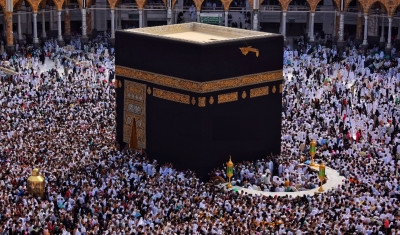
Saudi Arabia has enforced strict restrictions barring seriously ill individuals from participating i...
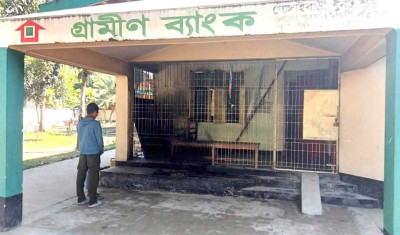
In Dhunat upazila of Bogura, miscreants have once again set fire by pouring petrol on the veranda of...
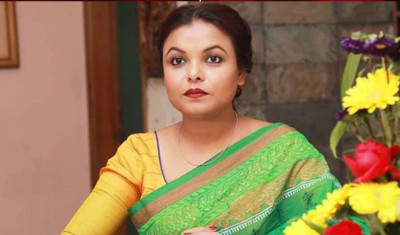
On the day the verdict was delivered in the case against former Prime Minister Sheikh Hasina and two...
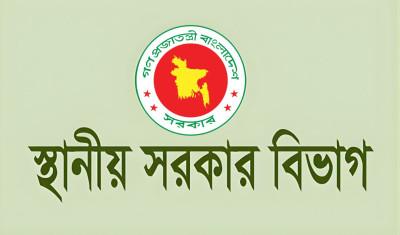
The Local Government Division has issued a recruitment circular for a total of 93 positions in the 9...